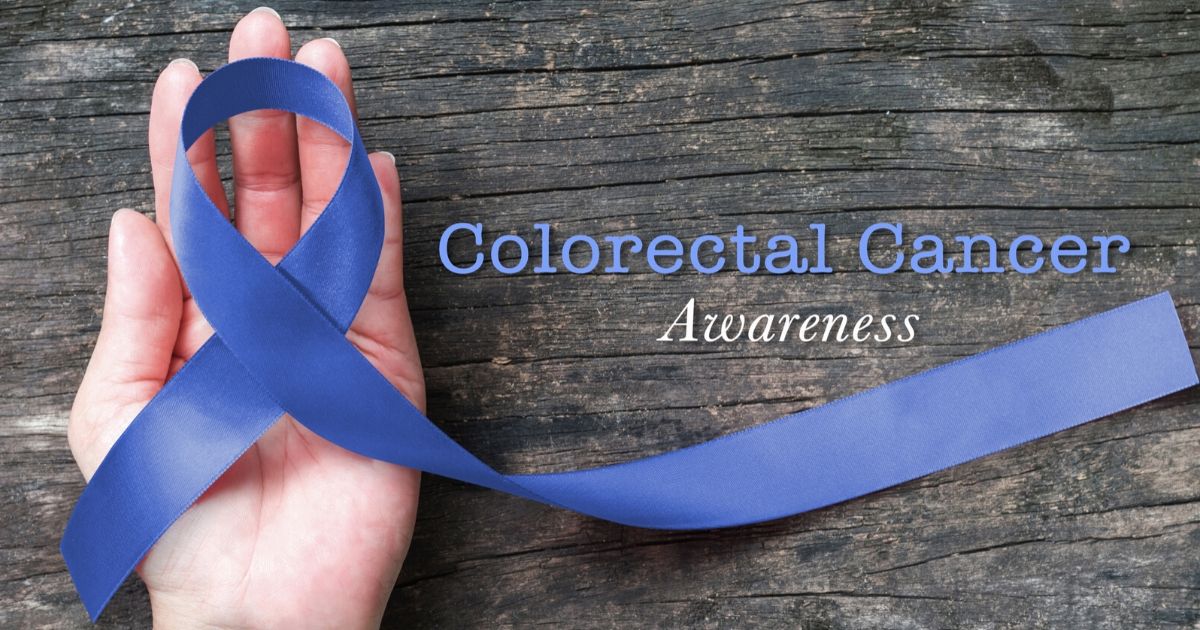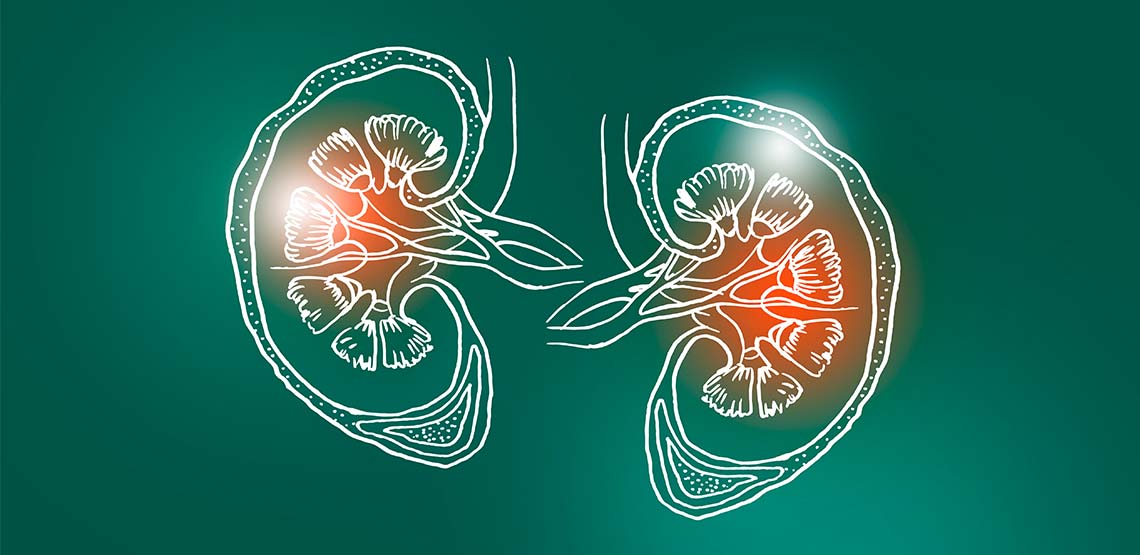Early Signs of Colon Cancer
Unfortunately, there are a wide variety of cancers out there, but what do the early signs of colon cancer look like?
What is Colon Cancer?
Colon cancer occurs in the colon; however, it specifically starts in the large intestine. Colon cancer usually affects older adults, but it can affect anyone at any age. It also usually is benign at the start. At this stage, there are polyps or clumps of cells that form inside the colon. Unfortunately, some polyps can become cancerous over time.
This is why it’s important for men to get regular screenings — the polyps can be removed before they have the chance of becoming cancerous. However, if cancer develops, there are other treatment options available.
What Are the Early Signs of Colon Cancer?
If you do develop colon cancer, during the early stages of the disease you may not exhibit any symptoms.
By the time symptoms show themselves, they can vary extensively. The symptoms you experience are often influenced by both the size and location of the cancer within your large intestine. The symptoms also depend on what other areas of the body, if any, are being affected by the cancer.
According to the Mayo Clinic, some of the symptoms of colon cancer include:
- "A persistent change in your bowel habits, including diarrhea or constipation or a change in the consistency of your stool
- Rectal bleeding or blood in your stool
- Persistent abdominal discomfort, such as cramps, gas or pain
- A feeling that your bowel doesn't empty completely
- Weakness or fatigue
- Unexplained weight loss"
The symptoms of colon cancer can also be different depending on the stage or progression of the cancer. The grade of colon cancer can also affect how quickly the cancer grows.
Related Search Topics (Ads)
There are technically five different stages of colon cancer. Stage 0 is the first stage. Colon cancer is in stage 0 when the cancer has not grown beyond the innermost layer or the mucosa.
When colon cancer is in stage one it means that it has spread and grown out of the mucosa and into the submucosa, but it hasn’t reached the lymph nodes yet.
Stage 2 of colon cancer is divided into three different sub-stages. By the 2A stage of colon cancer, the cancer has spread to the outer areas of the colon, but it has yet to completely grow through. By the 2B stage of colon cancer, it has spread to the peritoneum, which is the part of the body that keeps the organs in your abdominal region in place. By the 2C stage, the cancer will have started to spread to nearby organs or other tissues.
Stage 3 colon cancer is also divided into three different stages. By the 3A stage of the colon cancer, the cancer has grown through layers of muscle and has reached nearby lymph nodes. When the cancer spreads to between one and three lymph nodes, or if it has not spread beyond the outer layers of the colon but has been found in four or more nearby lymph nodes, the 3B stage has begun. Once it has spread to four or more lymph nodes, and it has also grown beyond muscular layers, the colon cancer is now in the 3C stage.
Stage 4 of colon cancer is divided into two different stages. By stage 4A of colon cancer, the illness has spread to a distant area of the body. By stage 4B, the cancer has spread to at least two distant areas of the body.
When to See a Doctor
In general, regular screenings for colon cancer should begin at around age 50. Remember, the earlier it is caught, the easier the treatment process can be. This is why it’s very important to be checked regularly once you reach the age of 50.
However, if any of the above symptoms start to persist, it is best to make an appointment with your doctor. Your doctor will be able to help rule out other potential causes for the symptoms. From there, they’ll be able to provide you with a treatment plan if you are diagnosed with colon cancer. To read more about the most common treatments for cancer, click here. Or, they may also send you for any further tests needed to identify the cause(s) of your symptoms.
The Bottom Line
Like any other form of cancer, colon cancer can have life-altering consequences. This is why it’s important to visit your doctor if you start to experience any of these types of symptoms — especially if you’re a person over 50 years old, since your risk is increased.


